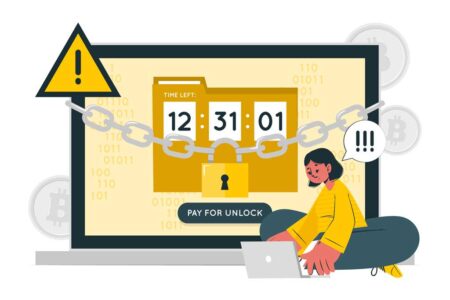Being an INFP personality type presented a lot of obstacles in the business world, both entering the workforce in my first job and eventually developing a business of my own. I couldn’t grasp why extroverted activities like sales and office politics never resonated with me. And many roles didn’t fit my way of doing things. I longed to unleash my imagination while having fun doing the work.
As an introvert, I don’t want to grab notoriety, but I do want to be valued for my deep thinking about greater possibilities. Unfortunately, my intuitive thinking conflicted with conventional wisdom of how to make a living. I think this is a problem for many INFPsand many introverts in general.
An artist in Silicon Valley
I started my career in technology, working in Silicon Valley. On the surface, it’s a logical left-brain world. This wasn’t a career I chose for myself. In school I detested all those boring courses that required a highly logical brain. I failed physics and I could barely pass English reading and writing, which made it hard to study any subject. The only thing I could escape to was art. I would paint or draw endlessly for hours, unaware of the clock.
But artistry was not an option for me. Telling my Asian parents I wanted to major in Art History and explore Fine Arts as a career did not fly. So during college, I struck a compromise. I demonstrated that I have zero ability in engineering and medicine, but I can learn business, specifically Marketing and Finance. If I showed I could handle those majors, it would prove I had some ability to think technically and perhaps succeed in my career. This kept my parents at bay and actually gave them hope for their lost son, who loved to lose himself in laughter and imagination.
While Finance made my parents happy, my marketing classes gave me an avenue for my creativity to grow and expand. This was my first glimpse of a place in the business world where I could channel my imagination. But it would be years before I’d realize how powerful that was. At the time, I branched out into Information Systemsright in the middle of the original Internet boom. I had chosen this extra field of study on a whim, but it opened doors. It helped me land my first job in Silicon Valley.
To my parents this must have seemed like a dream come true, but I quickly found out it wasn’t. It was a hardcore technical job and I wanted out. That was why I dove into the consulting world.
Surviving a trial by fire
Consulting gave me more freedom but it wasn’t easy. It brought constant pressure to perform. I encountered aggressive sales people, demanding clients, impersonal techies, and under-slept executives. How did I handle all these different people? Basically I hunkered down, focused on my work, made sure I did my job to its best, and mainly just listened. I developed my listening skills as a defense strategya way to keep sane and focused.
But it was this openness to listen to others that made the difference. I didn’t realize it at the time, but it was a natural way for me to build trust and confidence with the people I work with. Not by talking like an empty shell, but by listening, being that calm ocean breeze for people to express themselves into the waves. As I interacted with my clients with this unconscious style, I tried to bring humor and an objective perspective on life.
Consulting was a trial-by-fire career. I thought I wouldn’t make it past six months, but I survived and thrived for over 15 years and am still going. It turned out that consulting was my avenue for my creative side to flourish. I worked closely with clients in the Marketing department, getting involved in their process and helping them problem-solve. I came up with simple ideas never conceived before. I used my artistic and technical skills as instruments to move my clients businesses forward.
Succeeding in the business world as an introvert
As a consultant I did not make drawings or paintings anymore, but I created solutions that are themselves works of art, in a manner of speaking. I had to put together a mishmash of ideas, tools, and methods to make things work well as a whole. Continuously thinking outside the box and maintaining a high level of simplicity and quality kept me going, even in a difficult business world.
That is what a business is composed ofa collage of ideas, steps, actions, and people. If a business under-performs then its artwork looks like an abstract painting, indecipherable to the common viewer. But if you create a business that everyone understands intuitively, then you have a mosaic where people can see the larger picture from a birds-eye view.
Business doesn’t have to be a world of numbers and pressure. If introverts, especially INFPs, want to become entrepreneurs, they should keep in mind the greater story they want to tell about their business. People should be able to see without question exactly what the painting represents. I believe that’s what intuitive introverts are best at. They continuously explore new ways to paint that picture.
We can also be leaders. We consider things greater than time, price, or profit. This kind of math is not our language. Instead, we speak a language of feelings and deeper connectionsand we do it without talking. We don’t need to be loud to succeed.
Great leaders are the best listeners. Our ability to tune into others is our true voice. So learn, listen, and leadbut always from the heart. That is our power, and ultimately it is the introverts greatest strength.



